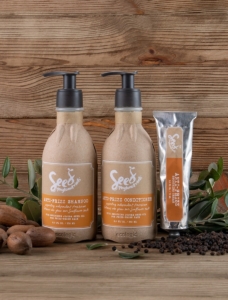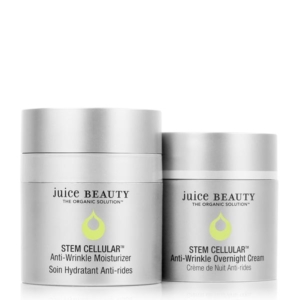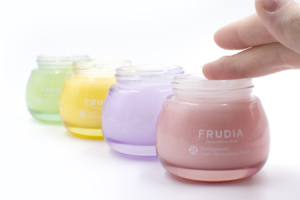Sustainability is increasingly important to consumers as they consider not only the effects of the products they buy on their personal health, but also the impacts they have on our soils, wildlife habitats, and the people who work at every level of the supply chain. As climate change has moved from a future concern to a present reality, going green has become a driving force for innovation in every industry, including beauty.
35% of skincare consumers report they are already buying products with sustainable claims or attributes and another 38% report they are not buying sustainable products today but want to in the future. Reaching these consumers is an appealing opportunity to many companies. Here are three ways the beauty industry is delivering on sustainability.
SUSTAINABLE PACKAGING
Many consumers and the brands they use are interested in reducing their carbon footprint. One way to generate less waste is through sustainable packaging. Some of the top beauty brands are considering how they can reduce their carbon footprint through sustainable packaging. Seed Phytonutrients is a specialty brand by L’Oreal, uses paper-based packaging that’s totally recyclable and sustainable. The brand also ensures that every piece of the packaging – even the pump – can be recycled.
REN Clear Skincare is another brand dedicated to sustainable packaging. Their bottles are also totally recyclable, with 20% of the plastic sourced from plastic waste in the ocean.

SUSTAINABLE SOURCING
Beyond packaging, companies are also considering how they can sustainably source ingredients for their beauty products. Instead of products that are full of chemicals, some companies are turning to organic alternatives for their beauty products. Juice Beauty is one such brand dedicated to delivering completely organic products. They ensure that all ingredients used in the brand’s products meet USDA organic regulations.
The Clean Beauty Collective is also dedicated to sustainable sourcing. This fragrance producer recognizes the need for non-harmful ingredients in a product worn daily directly on your skin. Fragrances are made with sustainable ingredients using eco-friendly manufacturing practices, are cruelty free, and non-toxic.

REDUCE WATER USAGE
Some brands are turning their attention to the reduction of water in their products. Not only does reducing water content help the environment, it can also make beauty products highly concentrated and more effective. Instead of watering down products, brands like Milk Makeup and Lush are using less water and delivering green products with maximum value. Milk Makeup’s Watermelon Brightening Serum comes in a stick form instead of a liquid. Lush is even using this approach with their Slap Stick foundation.
Cutting down on water doesn’t mean consumers lose all forms of liquid skincare. The Korean beauty brand Frudia sells waterless products that range from serums to moisturizers and more. Waterless products are gaining so much traction that they’re even being carried by accessible drugstores like CVS, where you can now find Frudia products.

SUSTAINABLE CONSUMERS ARE SHOPPING MAINSTREAM CHANNELS
Sustainable beauty products are becoming more mainstream by the day. Mass merchandise (66%) and drug stores (39%) are the most popular channels for consumers to shop for beauty products. If you work in one of these channels, you have an opportunity to appeal to the sustainable beauty shopper and win more share of their wallet. As sustainability continues to grow in importance, retailers who align with sustainable practices and products will be the ones who win consumer loyalty.
READY TO TAP INTO THE SUSTAINABLE BEAUTY MARKET?
Your natural beauty brand can deliver on environmental sustainability through sourcing, production, and packaging. By adopting sustainable practices in these areas, there is an opportunity to win the loyalty of the 73% of consumers who already buy or want to buy sustainable products. If your brand is looking for more consumer insights around natural and sustainable beauty, Linkage Research offers trend reports, custom insights, and training on this topic. Visit https://linkageresearch.com for more information


 Linkage Research 2019
Linkage Research 2019